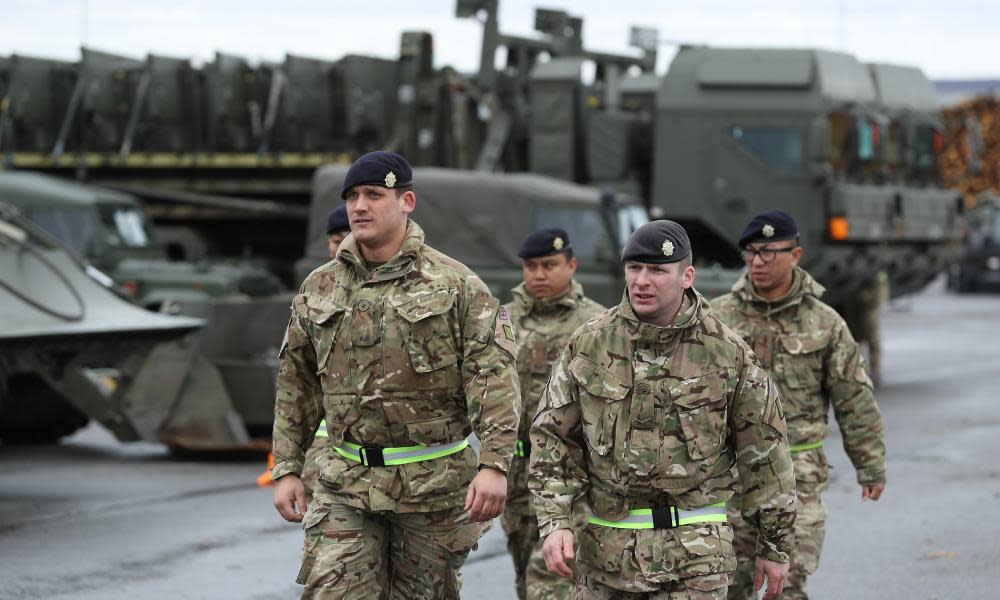Non-taxpayers still contribute to the war effort, Mr Rylance | Letters

I sympathise that Mark Rylance doesn’t want his taxes to pay for war (Opinion, 23 March. However, the hypothecation of taxes he advocates is problematic. In our fragmented society people already object to paying benefits for those in need, for example. Should they too be allowed to opt out? Rylance argues that this isn’t ethically equivalent, others will disagree.
There’s a fundamental point here. We can’t escape from participating in the violence of our society as easily as Rylance suggests. Our complicity doesn’t just flow from what we do or pay for. We are complicit passively because we benefit from the actions of others. We are complicit historically from the wealth and violence of empire. We are complicit now because we live in the relative safety of fortress Europe, supported by British and Nato armed forces, whether we pay or others pay for us. We benefit from protection provided by the police, who sometimes kill – as we’ve just been reminded by tragic events in Westminster. Does Rylance want not to pay for the police as well?
By all means let us work for peace in any way we can. But it makes more sense to campaign for the social solution of only moderate spending on the armed forces, rather than an individualised solution of opting out for the few, which is unlikely to affect the overall spend.
Emma Laughton
Colyton, Devon
• Join the debate – email guardian.letters@theguardian.com
• Read more Guardian letters – click here to visit gu.com/letters

 Yahoo News
Yahoo News 
